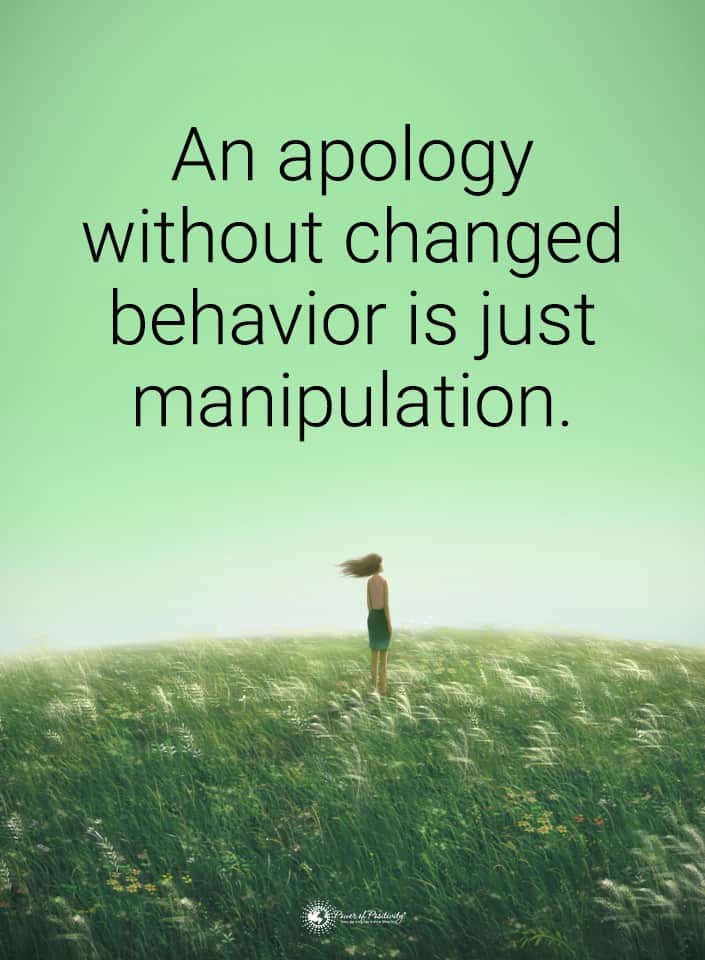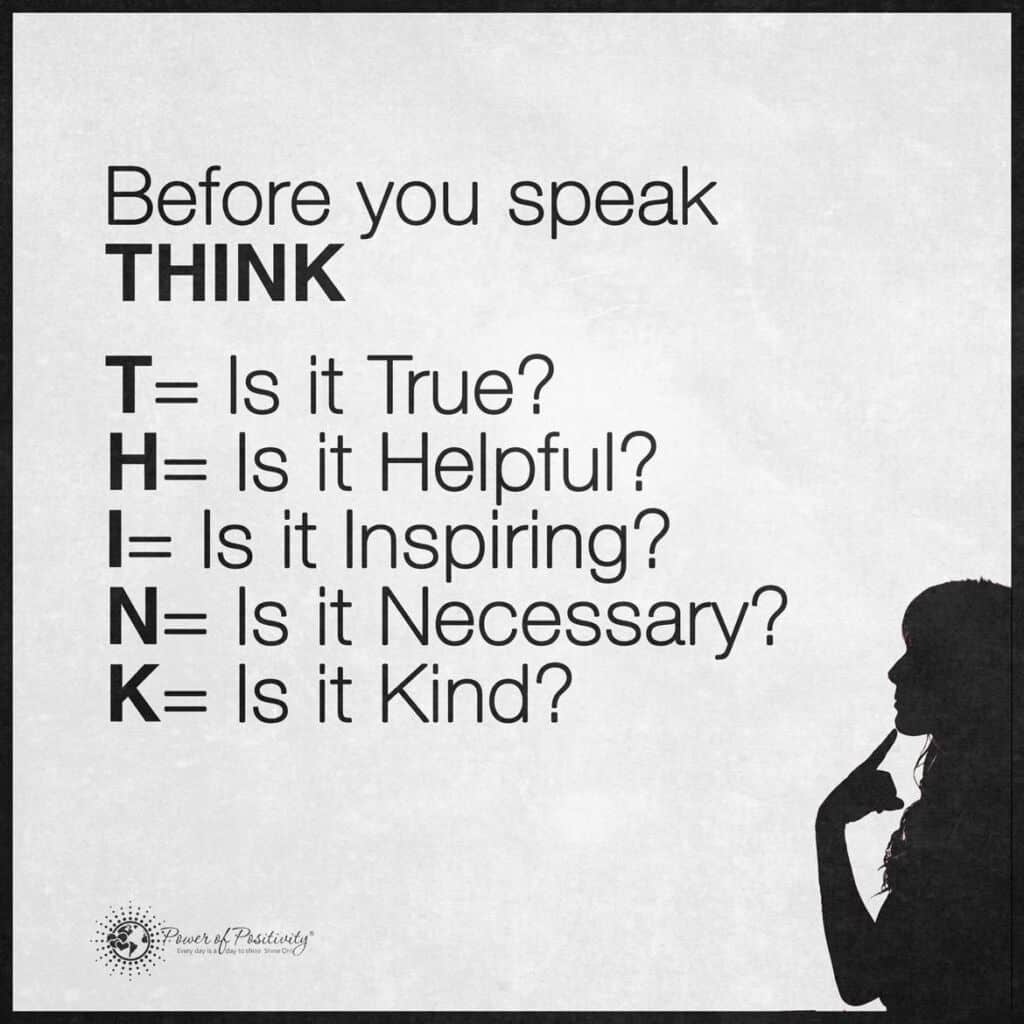Do you wish you could learn to avoid unnecessary conflict in your relationships and life? Think of how nice it would be if you didn’t have to argue with people for no apparent reason. Think of how nice it would be if you never had to be confused about why you had this unnecessary conflict in the first place!
People tend to handle conflicts poorly nowadays. Either because of their stress every day or because they don’t have time to control them properly. Sometimes, the best way to handle conflicts is to learn to avoid them altogether. It’s more time-efficient, and it makes you appear like you have your life together. So, for all you feisty people, here all some tips to help you avoid unnecessary conflicts.
5 Effective Ways To Avoid Unnecessary Conflict
Try these techniques to avoid unnecessary conflict.
1. Avoid Unnecessary Arguments and Conflict by Learning To Communicate
 Most conflicts arise because of a lack of proper communication. People are busy, stressed, under pressure, and they tend to speak before they think. You know how this goes. You tell your mother you’ve already bought bread. She forgets and buys more. And before you know it, there’s a full-blown fight over something as unimportant as bread. So, how do you avoid these unnecessary situations?
Most conflicts arise because of a lack of proper communication. People are busy, stressed, under pressure, and they tend to speak before they think. You know how this goes. You tell your mother you’ve already bought bread. She forgets and buys more. And before you know it, there’s a full-blown fight over something as unimportant as bread. So, how do you avoid these unnecessary situations?
The first step is learning to be a good listener. Make conscious efforts to do more than hearing what others say. Take your time and register what you heard. Make mental notes of the discussions you have. Or, if it’s something important, make physical notes, either on an app or on paper. This way, you will avoid misunderstandings. Always listen first, and talk second.
If misunderstandings still arise, don’t be defensive. Take a moment to make sure you and the other person are on the same page. Take a step back and make sure you’re talking about the same thing. If you’re talking about apples and the other person about oranges, you will never see eye to eye. Take your time to calmly explain what bothers you and understand if that’s a real issue or not. Ask the other person also to describe what their problem is. This way, you will make sure you understand what the starting point is.
From there, try to find solutions instead of fighting to decide who’s right. Understand that being right will not help you. It only matters to be able to deescalate the conflict. So, learn to control your tongue and try to be calm. Work together and figure out solutions.
Lastly, make sure you communicate about all issues. If you’re buying something for the house, let your roommates know. If you’re frustrated about something someone did, tell them. Don’t let frustrations build-up, and work proactively to deescalate them.
2. Admit Your Mistakes to Avoid Conflict
Too often, people care too much about their ego to understand when they are wrong. They don’t want to admit their mistakes, either because they don’t think they did something wrong or because they’re too stubborn.
Understanding and admitting your mistakes is key to avoid unnecessary conflict. Whenever someone seems frustrated with you, take a step back and try to understand what you might have done wrong. Reflect on your actions and single out your flaws. Whatever they might be, try to work on them actively. If you’re too stubborn, try to let go and be more flexible. If you’re easily annoyed, try to refrain from snapping. Actively try to be better.
You will never be able to be perfect, though. Mistakes will happen from time to time. So, whenever you do something wrong, understand what you did and how you can fix it. Listen to your friends’ complaints and take them constructively. Don’t let your ego blind you. If someone points out your mistakes, don’t get mad for no reason. Accept constructive criticisms and understand them.
Accept that mistakes are unavoidable. There’s nothing shameful about being wrong sometimes. Instead of being stubborn and starting fights, learn to apologize. A simple “I’m sorry” will go a long way in calming the waters. Apologizing will help you avoid losing time engaging in irrelevant fights.
3. Control Your Emotions to Avoid Conflict
Emotions are tricky to navigate. They are the driving force behind all good things. Unfortunately, they’re also the catalysts for fights and disagreements. And they can be tough to control. When people get heated, all logic flies out the window. The best way to manage your emotions is to make sure you have no reason to get heated in the first place. But how do you do that?
You need to assess and understand when it’s worth fighting for your point of view. Most conflicts don’t do anything for you. If you win them, you gain nothing valuable. If you lose them, no absolute principles of yours are undermined. But, in both cases, you risk endangering a relationship. To avoid fighting in vain, asses what principles of yours are threatened. If the answer is none, don’t even bother engaging in any back and forth. Or, if the gain doesn’t surpass possible losses, better drop the issue than risk creating more problems. Understand your moral framework and only fight for those principles. Leave petty conflicts in the past. Once you understand your regulations, you will find that most issues will even stop bothering you altogether.
Learn to use logic and don’t let emotions lead the way. Don’t make snap judgments about people and situations, or you’ll find yourself in an unnecessary conflict. If you have a wrong impression of someone, give them a second chance. Maybe they said something that seemed offensive, but it was an honest mistake. Take the time to make sure if they meant it or not. Give people time to show their true selves instead of judging them based on incomplete stories.
Be aware of how you feel and why you feel that way. If you feel like you’re about to make a snappy comment, distance yourself from the situation. Take some time to calm down and come back when you’ve cooled off. Resolve your frustrations on your own time. Don’t go into a social setting already annoyed. It’s better to skip going out rather than risk starting a fight.
 4. You Avoid Conflict When You Respect Other People’s Views
4. You Avoid Conflict When You Respect Other People’s Views
Often, people think that the world is black and white. That there can only be one valid perspective. But that couldn’t be further from the truth. Most things in life are highly nuanced. People can be right about the same issue while having vastly different perspectives.
Understanding this is imperative to ensure avoiding conflicts. Make an effort to treat other perspectives as valuable. You aren’t undermining your viewpoint if you accept the validity of different ideas. You might even learn something new. The more you listen, learn and broaden your perspective, the less feisty you’ll be.
Even if their perspective is objectively wrong, they might have valid reasons for believing that. Have a discussion and let them talk through their thought process. Maybe they have good intentions and are just misinformed. Strive to teach them instead of maltreating them just because they have questionable points of view.
Don’t make snide comments about their beliefs. You don’t know everything people have been through. Specific traumas and experiences might make them believe certain incorrect things. Always be careful when making comments. Try putting yourself in their shoes. Understand what actions might tick them off, and avoid those actions at all costs.
Always be empathetic and treat people with kindness. Always know your audience. If you don’t know someone on a personal level, avoid touchy subjects. You don’t know how much people care about certain issues, and you might unintentionally tick them off. If you want to avoid conflicts, stick to light subjects. Conversing about work, the weather, movies, and generally making small talk is a safe bet that will help you avoid unnecessary conflict. Get to know someone on a personal level before engaging in more profound subjects. And even then, always approach discussions respectfully.
5. Use An Impartial Third Party to Avoid Conflict
If you ever feel like, no matter how hard you try, there still are tensions looming, ask a third party to referee. You will always be too personally involved to assess the situation objectively. Someone who has no emotional attachment to the problem will always be your best bet.
Some disputes are so personal that they might never be fully resolved in a closed environment. If the ones engaged in the conflict are left to be dealt with, it might even worsen. From a small problem, everything could skyrocket in a big fight. If stubborn enough, the people disagreeing will never be flexible and give in. The tensions will keep building and building.
For these reasons, it’s better to ask someone to mediate the issue. Find someone who is impartial and has no attachment to the problem. Someone who is not a close friend would work best. A mutual acquaintance, or even a credited therapist. They will be able to listen to both sides and get the complete picture. They can even get the people having a disagreement in a room together and question them on the issue. From their objective position, they can offer advice for everyone involved. They can find solutions you would have never thought of.
Because of the existence of an objective party, you will be more likely to give in. You will have the incentive to make the needed sacrifices to avoid a full-on conflict. Most importantly, they will be able to calmly explain what you did wrong and how to avoid those situations in the future.
 Final Thoughts On How To Effectively Avoid Unnecessary Conflicts
Final Thoughts On How To Effectively Avoid Unnecessary Conflicts
In this society, people have to deal with increasingly more problems. As you juggle all your responsibilities, the last thing you need is to be engaged in conflicts. Sometimes, they seem so hard to avoid. You’re already so stressed, so tired. How could you possibly manage your temper when someone is driving you crazy?
Feeling like it’s easier to have a yelling match with someone rather than being civil is legitimate. But that attitude won’t help you in the long run. You need to shift your perspective and learn to be the bigger person. Take your time to learn to communicate effectively. Make sure you listen and register things that were said to you, rather than passively hearing.
Let go of your ego and be ready to admit your mistakes and apologize. If you ever feel like you’re about to burst, walk it off instead of engaging in a back and forth. Lastly, learn that other perspectives are as valuable as yours. If none of these tips work, try getting someone to mediate the issue, then you may be able to avoid unnecessary conflict in the future from the skills you learned.
The post 5 Ways To Avoid Unnecessary Conflict (That Really Work) appeared first on Power of Positivity: Positive Thinking & Attitude.






 4. You Avoid Conflict When You Respect Other People’s Views
4. You Avoid Conflict When You Respect Other People’s Views Final Thoughts On How To Effectively Avoid Unnecessary Conflicts
Final Thoughts On How To Effectively Avoid Unnecessary Conflicts